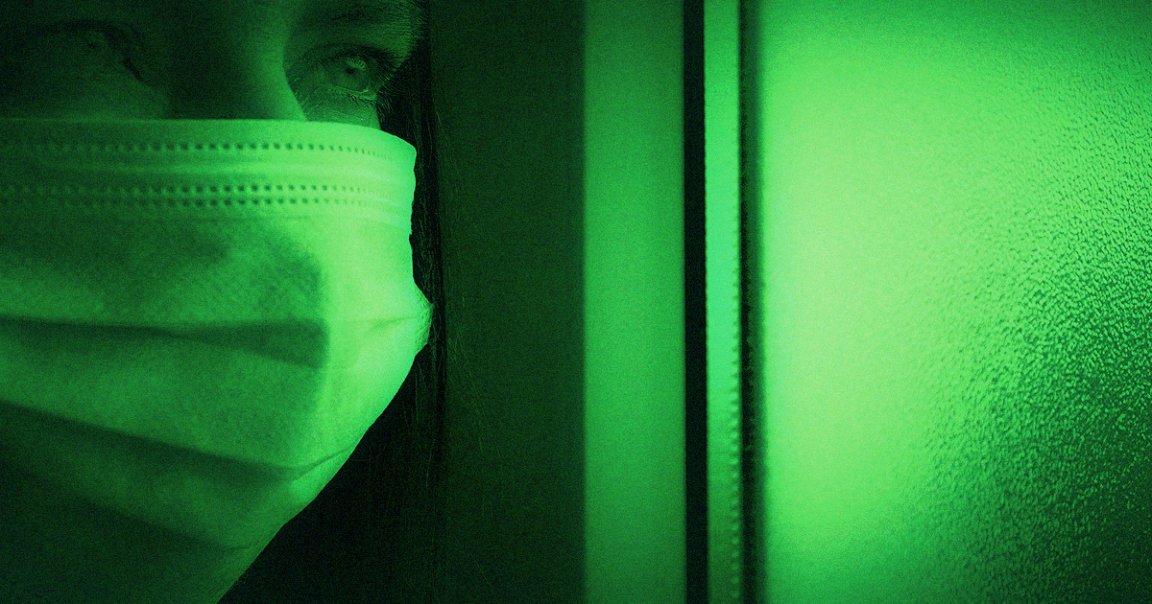
It goes without saying that the COVID-19 pandemic has devastated the United States — so far, there have been over 11.2 million confirmed cases and 247,000 confirmed deaths in the country. But the pandemic is also hurting people in other ways, according to a recent survey that probed American young adults’ mental health after months of lockdown.
The results, published last month in the Journal of Psychoactive Drugs, revealed alarming levels of substance abuse, depression, and anxiety among young adults in the U.S., 80 percent of whom reported “significant depressive symptoms.”
“These young adults are the future of our nation’s social fabric,” lead author and University of Miami Miller School of Medicine researcher Viviana Horigian said in a press release. “They need to be given access to psychological help, coupled with the development and dissemination of brief online contact-based interventions that encourage healthy lifestyles.”
“Addressing mental health and substance use problems in young adults, both during and after the COVID-19 pandemic, is an imperative,” Horigian added.
The researchers surveyed 1,008 participants who were in their mid to late-20s, and the results may not generalize to the entire nation’s worth of young adults. But the numbers revealed troubling, unaddressed issues with people’s well-being.
For instance, most participants reported greater feelings of loneliness, anxiety, and depression along with higher alcohol consumption and drug use than before the pandemic began. And many reported signs of new alcohol dependence, with 30 percent reporting dangerous levels of drinking, 19 percent reported at least one weekly binge, and 44 percent reporting that they binge drank at least once a month.
The point of all this is that there are serious mental health issues brewing as we all endure the coronavirus pandemic. If they go unaddressed, the long term impacts on Americans’ well-being could be disastrous.
“The convergence of the COVID-19 pandemic and the loneliness and addiction epidemics in the US is here to stay,” Horigian said.